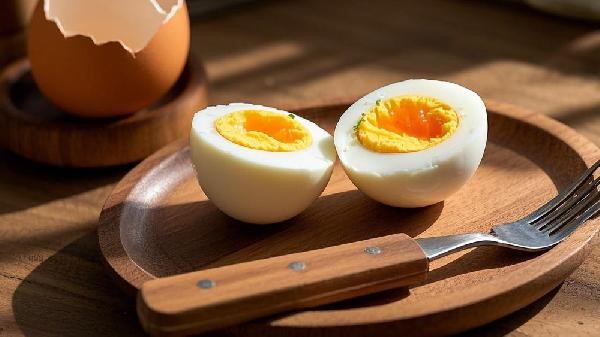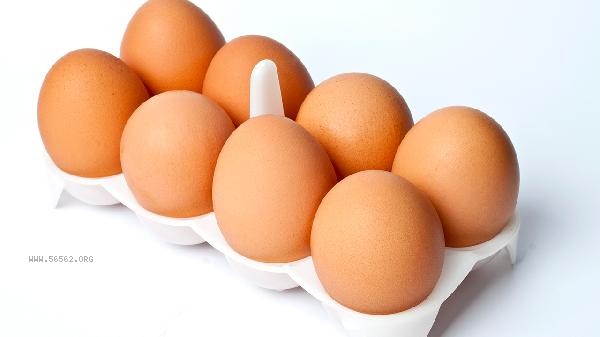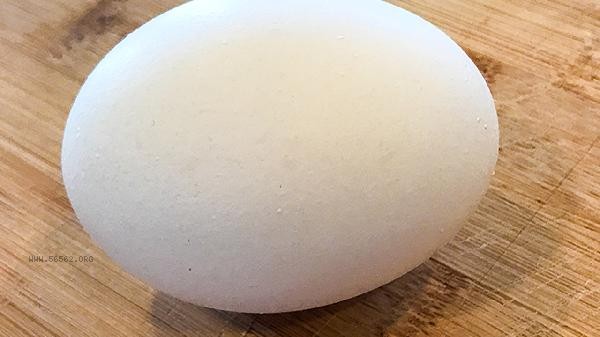Controlling the water temperature, adjusting the heat, and handling the eggshell during egg boiling can effectively reduce cracking. There are mainly five practical techniques: putting cold water into the pot, heating over medium heat, facing the blunt end upwards, adding salt or vinegar, and chilling after cooking.

First, put the eggs in cold water. After taking them out of the refrigerator, put them directly in cold water. The water temperature rises synchronously with the egg temperature to avoid uneven expansion of the eggshell due to excessive temperature difference. The water should be completely submerged in the egg, and during the heating process, gently push the egg with a spoon to help evenly heat it. This method is particularly suitable for boiling multiple eggs at once, as it can significantly reduce cracking caused by rapid local heating.
2. Medium Heat
Maintain medium heat throughout the process to slowly raise the water temperature to boiling, avoiding sudden increases in steam pressure inside the egg caused by high heat and rapid boiling. Immediately reduce the heat and maintain a slight boiling state after the water boils, with a total duration of 8-10 minutes. Experiments have shown that the completeness rate of eggs cooked over medium heat is much higher than those cooked over high heat, and the yolk solidifies more evenly.
3. Blunt end facing upwards
The blunt end of the egg has an air chamber, which can be placed upwards to allow the internal air to buffer the thermal expansion pressure. Before cooking, using a needle to puncture small pores at the blunt end is more conducive to pressure release, and it is important to note that the pore size should not exceed 0.5 millimeters to prevent the egg liquid from seeping out. This method combined with cold water boiling can significantly reduce the probability of cracking.
4. Add salt or vinegar

Adding 5 grams of salt or 15 milliliters of white vinegar per liter of water can increase the boiling point of water and strengthen the calcium carbonate structure of eggshells. Salt promotes faster coagulation of proteins to form a protective layer, while acetic acid softens the subtle cracks in eggshells. However, it should be noted that excessive vinegar may affect the flavor of the eggs, and it is recommended that the proportion not exceed 2% of the water.
5. After cooking, chill the eggs.
After turning off the heat, immediately immerse the eggs in ice water for 3 minutes, using the principle of thermal expansion and contraction to separate the egg membrane from the shell. Rapid cooling can also terminate overcooking caused by residual heat, making it difficult for proteins to adhere during shell peeling. This method is particularly suitable for making soft boiled eggs, as the toughness of the cooled eggshell will be significantly enhanced. Eggs with high freshness are more resistant to boiling due to the elasticity of the eggshell membrane. It is recommended to steam eggs stored for more than two weeks instead of boiling them in water. During the process of cooking eggs, avoid frequently opening the lid to check, as temperature fluctuations can easily cause cracks. For eggs with minor cracks, wrap them in wet kitchen paper before cooking to prevent moisture from seeping in. Keeping the big head facing upwards when storing eggs in daily life helps to stabilize the structure of the air chamber. Choosing eggshell varieties with uniform thickness, such as grass eggs or newborn eggs, has a relatively low risk of rupture. After mastering these skills, you can adjust the softness and hardness according to personal preferences to achieve zero failure egg cooking.










Comments (0)
Leave a Comment
No comments yet
Be the first to share your thoughts!